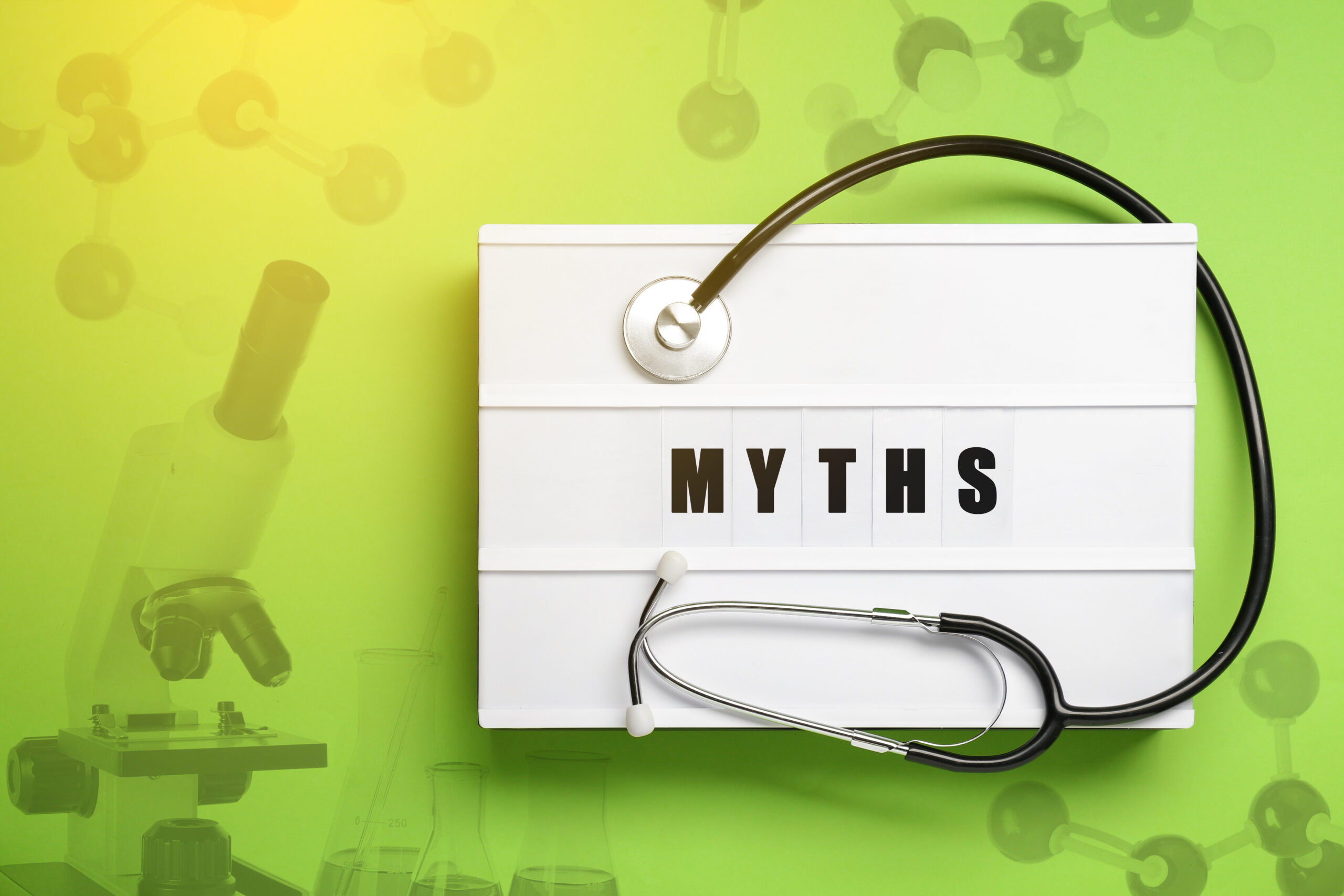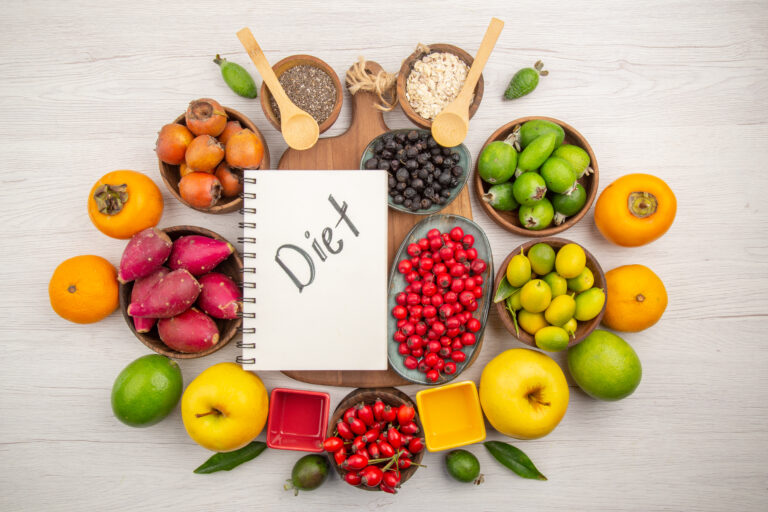Debunking the Top 10 Health Myths That Went Viral in 2025 – What Science Really Says
This week, on MedCircle Experts Dr. Jadon Webb, and Kyle Kittleson investigate the recent spike in anti-Asian American hate crimes. Both psychological and psychiatric societal implications of such hate crimes are explored.
Watch the video and read the summary to learn the signs, the symptoms, and what you can do if someone is at risk. Specifically available for MedCircle members.
1. Carbohydrates Are Fattening
Although many people believe that carbohydrates are fattening, the truth is that this comes about when more calories are consumed than are expended, and it does not matter where these calories come from, be it carbohydrates, proteins, or fats.
- Choose mostly high-fiber carbohydrates, like whole grains, fruits, and vegetables.
- Limit added sugars found in soda, candy, and pastries.
- And yet they also offer valuable vitamins like B vitamins and dietary fiber that are beneficial for good health and adequate functioning of systems.
Eliminating carbs from your diet altogether may result in certain nutrient deficiencies and preclude sustainable healthy eating. Experts advocate that 45-60% of your daily calorie intake should come from carbs because having at least 25g of fiber each day contributes to the maintenance of a healthy weight.
2. Not All Ultra-Processed Foods Are Unhealthy
Recently, there has been a sudden surge in the use of the phrase “ultra-processed foods”, but it isn’t fair to lump all processed foods together as being unhealthy. Processing can run the gamut from canning to adding preservatives, and some processed foods can be extremely healthy.
- While I’m at the grocery store, I’ll do myself a favor and look for highly saturated fat, sugar, or sodium on food labels and make a good choice.
- Convenient is not unhealthy — highly-processed nutrient-dense foods selected in moderation can be beneficial
It’s about what the food provides, not just that it’s processed. Everything in life is about balance.
3. Seed Oils Cause Chronic Diseases
Lipid balance in seed oils as found in such oils as sunflower, soybean, and rapeseed has been at various times held accountable for inflammatory responses that lead to chronic ailments. However, science reveals this to be incorrect.
- The consumption of the omega-6 fatty acids in the seed oils, specifically linoleic acid, does not exacerbate inflammation when taken within reasonable limits.
- Studies associate seed oils with reduced “bad” LDL cholesterol and enhanced sugar blood control.
- Most likely, chronic diseases come from eating lots of high fat and sugar foods and not getting enough exercise.
4. Frozen Fruits and Vegetables Are as Good as Fresh
Frozen fruits and vegetables are as good as fresh ones. That’s a food myth many people do believe in, but both fresh and frozen fruits and vegetables do deserve a place on the healthy list. Freezing usually locks in nutrients Fresh loses more during transportation time.
Fresh produce can lose nutrients during long transport times.
Canned and dried fruits are a convenient option for achieving the 5-a-day (400 grams) goal. Have what’s appropriate for your budget and lifestyle and get variation to receive more nutrients.
5. Coconut Oil is a Superfood
One of the most overrated “health foods” out there. While it has numerous supporters, it certainly doesn’t live up to its reputation.
- It has an extremely high content of saturated fat (92%) which is supposed to raise more “bad” LDL cholesterol.
- Unsubstantiated assertions regarding the elevation of ‘good’ HDL cholesterol in the blood or the facilitation of weight loss by coconut oil.
- Other oils that have less saturated fats, such as olive or rapeseed, are to be recommended for everyday use in the diet.
Use coconut oil lightly, but no saturated oils for heart health.
6. Low-Fat or Fat-Free = Healthy
Most people often confuse the “low-fat” or “fat-free” food label to be synonymous with better health. But that’s not generally the case.
- Some low-fat foods contain excess sugars or added salts to enhance flavor, which further spoils the health of a person.
- Compare fat, sugar, and salt in the nutrition labels
- Examine the food overall and do not think only about fat consumption.
Having natural sources of good fats, like nuts and avocados, is usually preferable to consuming low-fat processed foods.
7. Eggs Raise Your Cholesterol Levels
Cholesterol in and of itself is not in the eggs but rather in the saturated fats from the red meat and/or tropical oils ingested with them, which has much more to do with raised cholesterol levels than eggs do. They’re loaded with good nutrition: proteins, vitamins, and minerals.
If you have high cholesterol or your family has a history of heart disease, consult a doctor, but for the majority of people, one egg a day is perfectly fine to eat.
8. The Best Way to Lose Weight Is Intermittent Fasting
Popular as it may be, going around only consuming food during an 8-hour window isn’t—with all due respect—a magic solution.
- Fasting doesn’t cause weight loss; it’s due to overall consuming fewer calories.
- Evidence demonstrates that an energy-restricted diet incorporating fasting does not elicit superiority in comparable calorie-controlled weight loss interventions.
- Unhealthy side effects of fasting include fatigue, and bad mood if not done the right way.
For long-term weight management, avoid crash diets, exercise regularly, get enough sleep, and manage stress. Always consult a professional before opting for fasting.
9. You Have to Eat Meat to Get Enough Protein
Veganism is stupid, after all, everyone knows that only meat gives you enough protein; Or does it?
- Beans, lentils, tofu, nuts, seeds, and whole grains provide ample amounts of protein.
- Eating a range of plant foods during the day will provide all essential amino acids.
- Certain foods such as quinoa and soybeans are what is described as complete proteins by themselves.
A properly planned plant-based diet with enough calories has an ample protein content, rendering it unnecessary to use meat.
10. Gluten Is Bad for All
Gluten, from wheat, barley, and rye, is a common dietary exclusion but is fine for most people.
For those who do not have celiac disease or sensitivity to gluten, gluten-free foods still may be laden with sugar, salt, or fat so aren’t a healthier alternative after all. Whole grains containing gluten, especially wheat, have the capability to reduce the risk of heart disease as well as diabetes.
Unless there’s a health reason for doing so, there’s no good reason to eliminate gluten. Enjoy whole grains as part of a balanced diet.
Final Comments
In 2025, health myths can propagate fast with so much information online. If you focus on science-proven, verifiable facts, you’ll make better lifestyle and dietary decisions. Nutrition labels should always be checked, balance should be aimed for, and professionals should always be consulted when in doubt.






